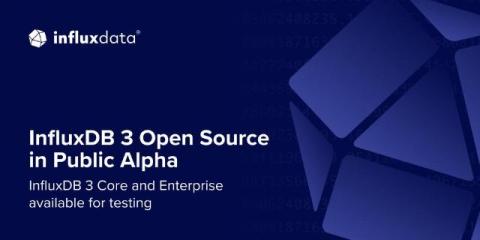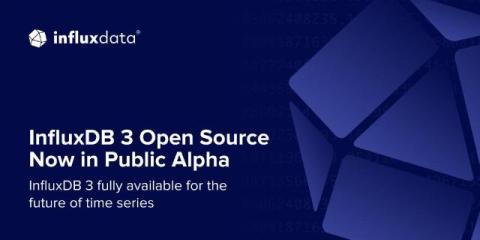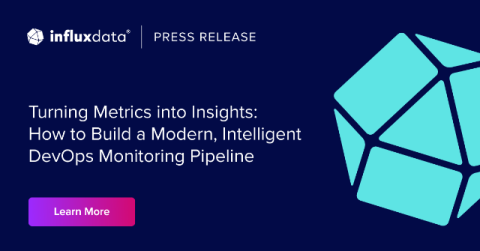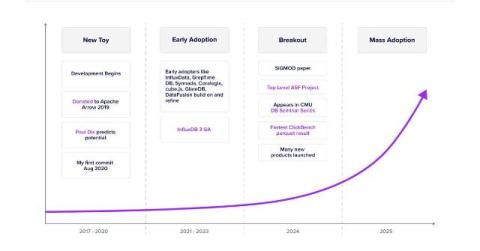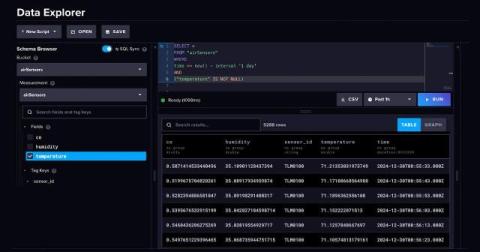Using the Python Client Library with InfluxDB v3 Core
The long-awaited InfluxDB 3 Core is finally here, introducing a powerful new way to manage your time series data. InfluxDB 3 Core is an open source recent-data engine for time series and event data. It’s currently in public Alpha under MIT/ Apache 2 license. In this post, we’ll dive into how to query and write data using the Python client library, unlocking the full potential of InfluxDB v3 Core with clear, hands-on examples.



